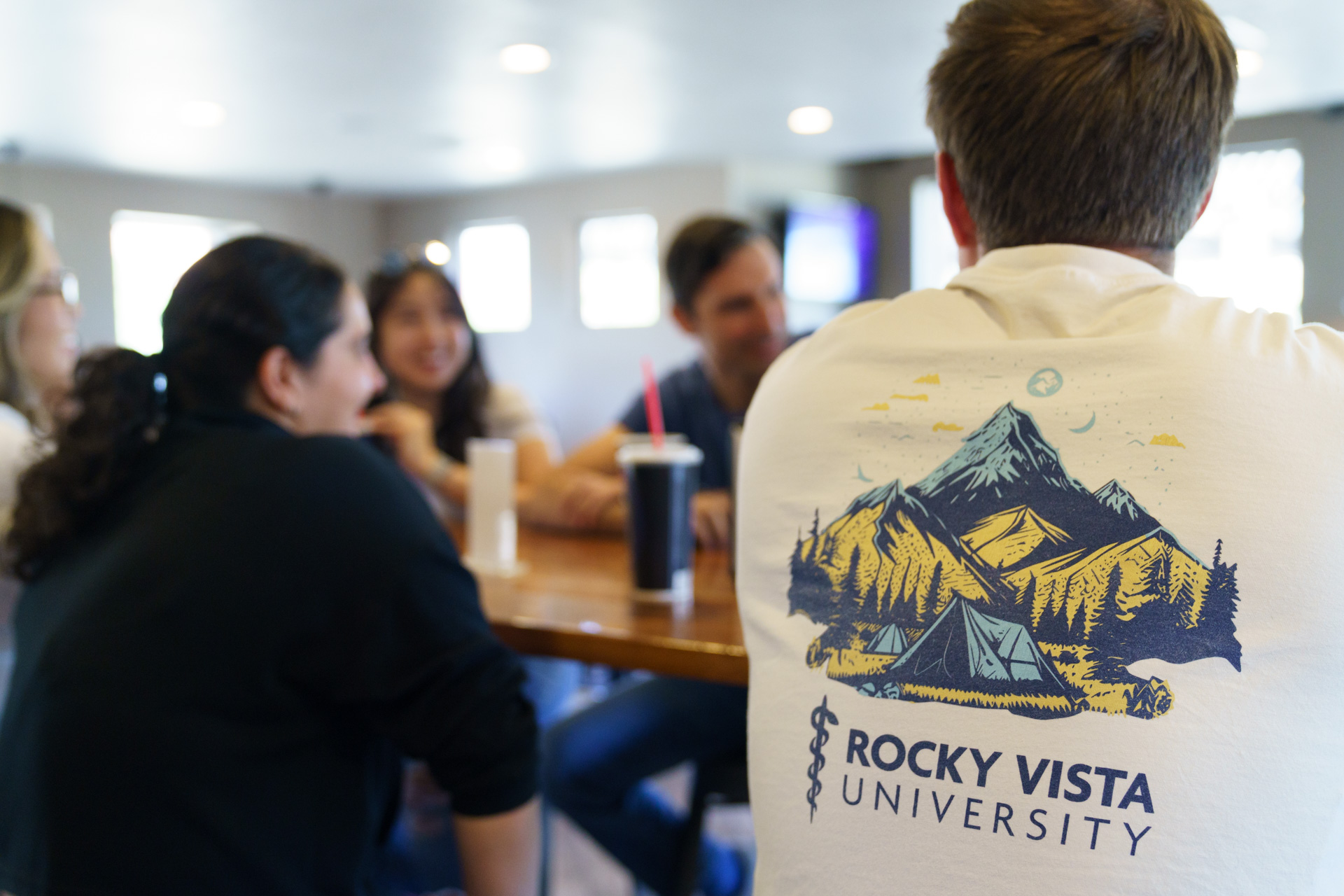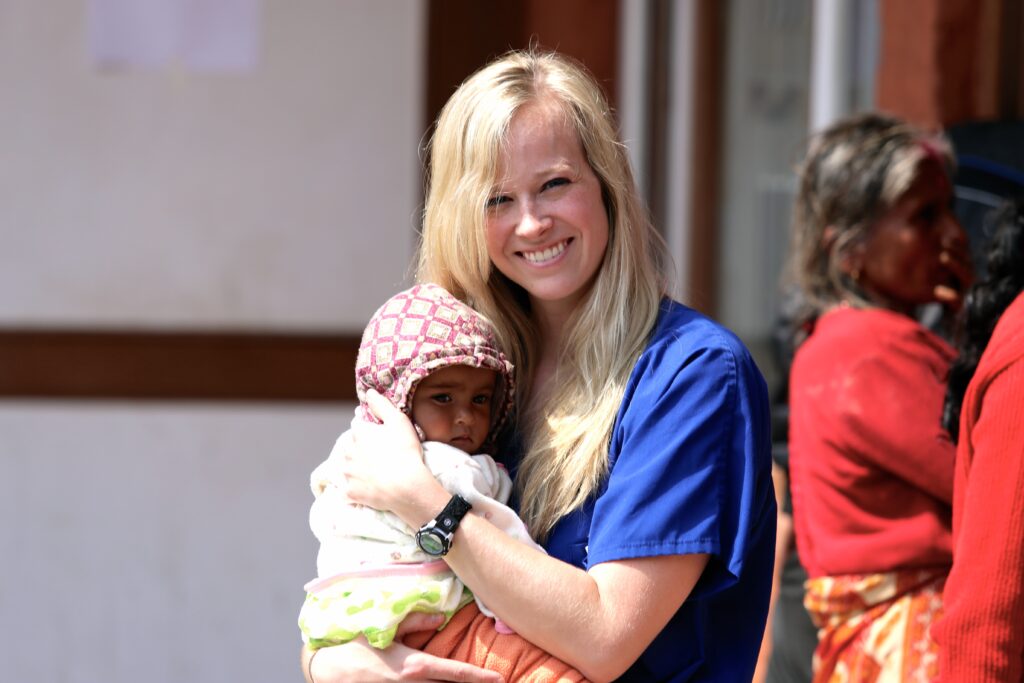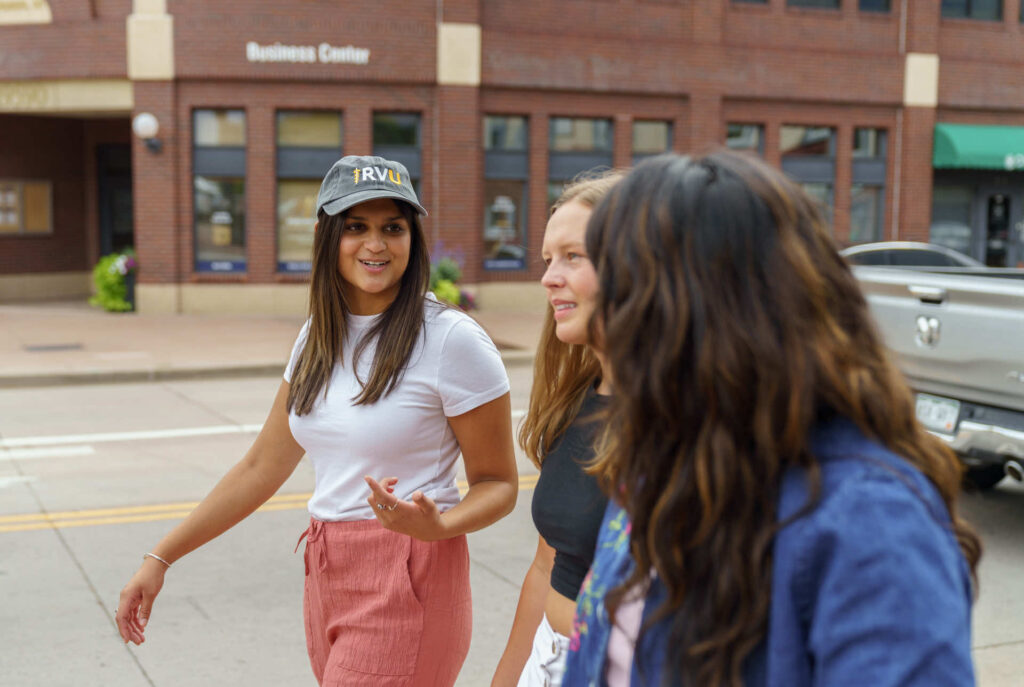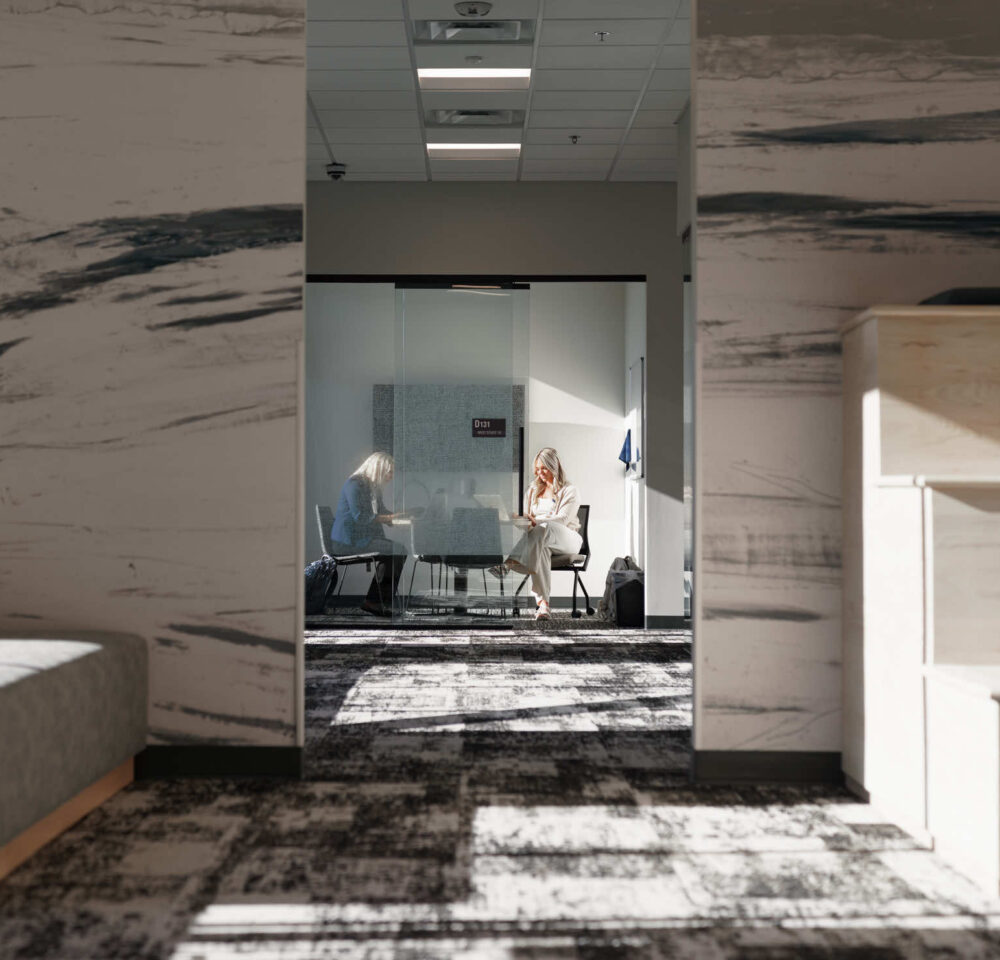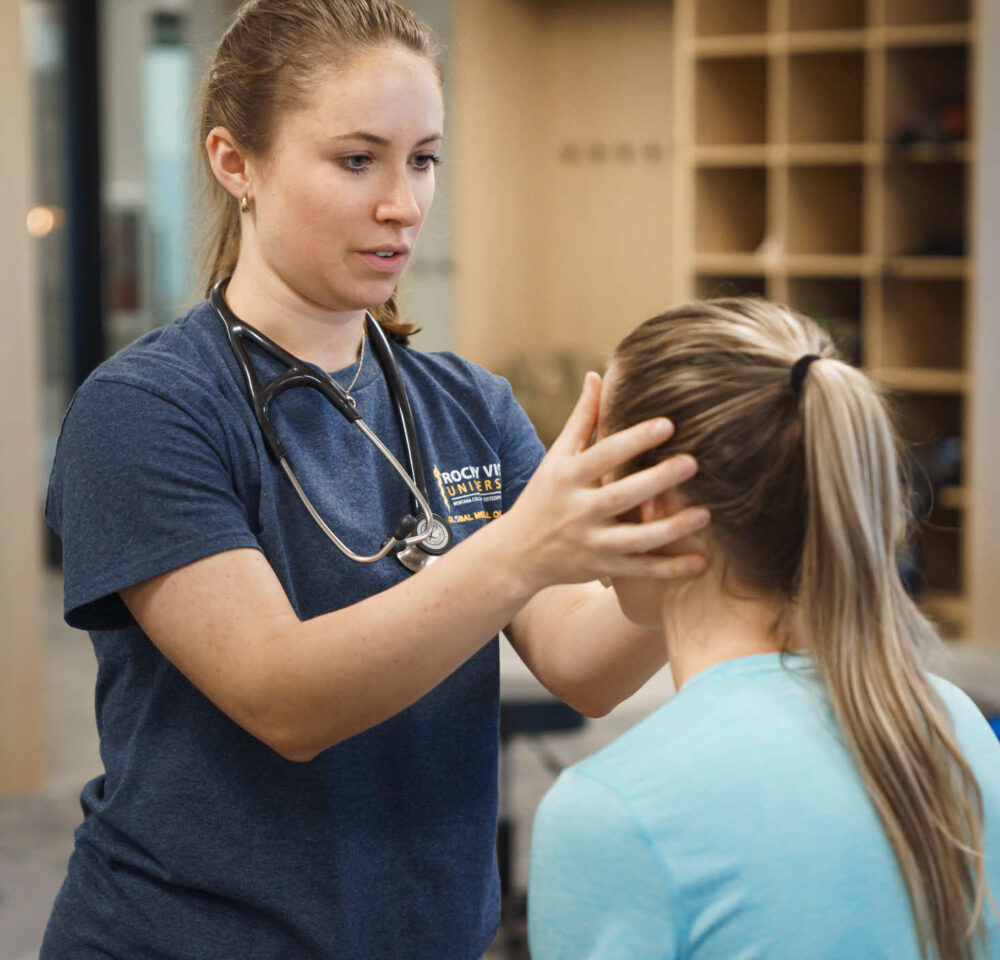Currently available only in Colorado, this two semester enrichment track will provide RVU students with the knowledge, understanding, training, and experience to work effectively with underserved populations. Students will be exposed to these communities through opportunities to engage with families and individuals, clinics, and wherever compassionate care is given to vulnerable populations that may include: Indigenous Peoples, Immigrants, Refugees, LGBTQ+ individuals, and the Homeless.
The Urban Underserved Track is meant to be a collaborative effort to discuss important topics for the vulnerable and underserved. We do this in a safe and liberal space where your opinion matters and is not judged or reported. We bring in guest speakers who have experience in the topic of discussion. The Urban Underserved Track annually visits the Arapahoe County Detention Center on a field trip to learn about the care of the incarcerated. Articles, short stories, graphic novels, and documentaries/movies are used to stimulate discussion. The capstone of the class will be PowerPoint presentations on a vulnerable population with strategies to overcome implicit barriers.
Topics covered may include Maternal/Child Health, LGBTQ+, Disparities in Healthcare and Health Insurance, Cultural Competency, Opioid Epidemic Response, Social Equity, and Gentrification. Clinical requirements will take place in M3/4 years.
This track will complement other RVU programs providing students the opportunity to collaborate with allied health fields such as nurse practitioners, physician assistants, and patient navigators in an organized setting.
